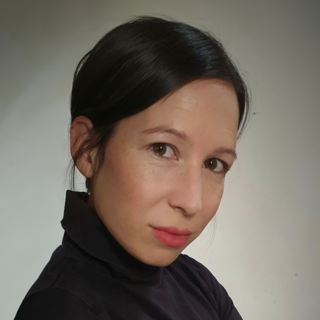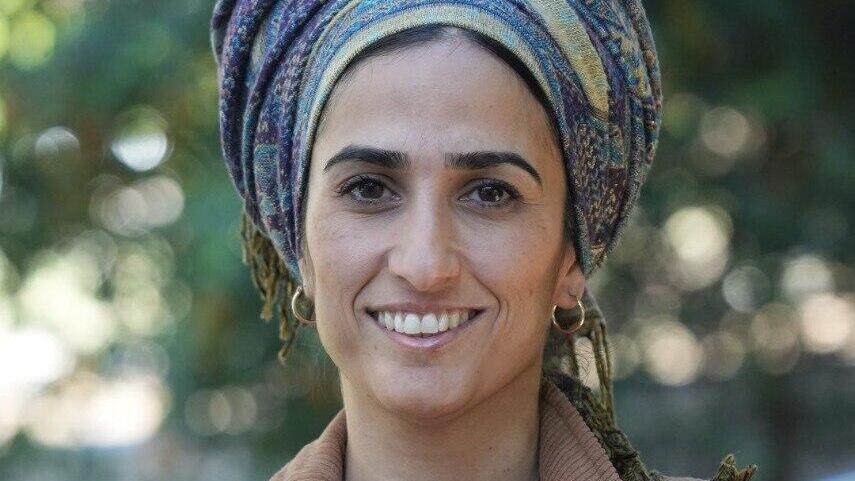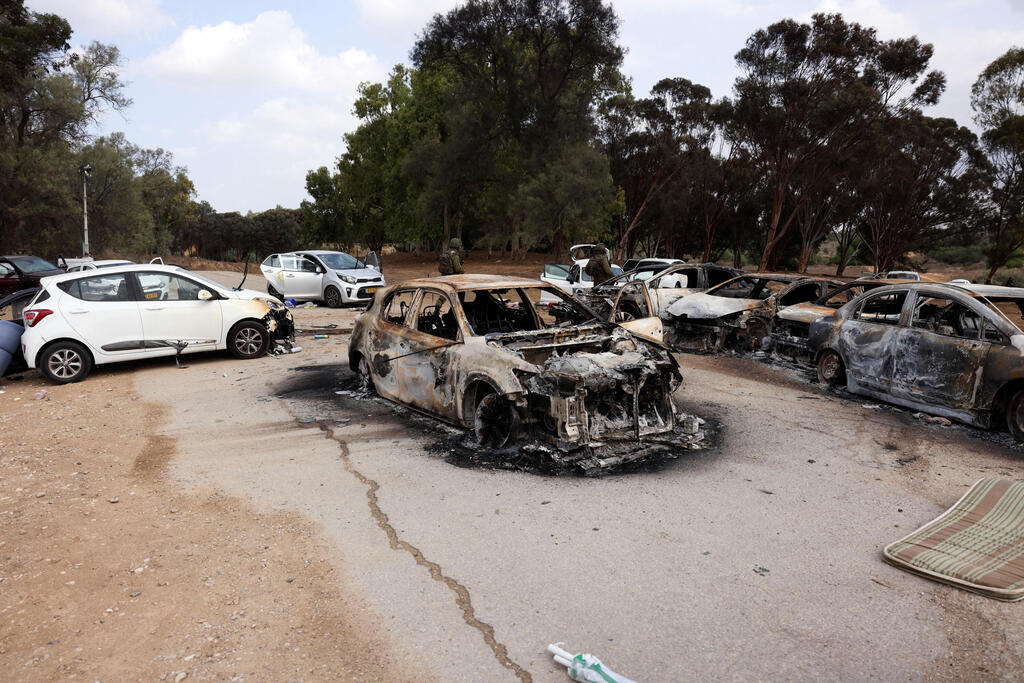Getting your Trinity Audio player ready...
Malkit Spiegel head of the Sha'ar HaNegev Regional Council’s social workers team and coordinates the treatment of dozens of women who suffered sexual trauma even before Hamas’ October 7 attack. As she explains, the difficult experiences they felt during the war triggered their past traumas: "The patients’ biggest fear wasn’t death but being raped.”
More stories:
"I've been in touch with my patients since October 7," Spiegel says. "At first, I helped them over the phone to get to evacuation centers. I traveled all over the country to see and meet them. Today, we are already providing in-person treatment or via Zoom."
The war saw her and her family in Jerusalem. Her husband, a military doctor, told her to keep her phone on. "Something big is happening," he said when the war began. He went to the IDF’s Shura base where he was assigned to the unit for identifying victims of the Hamas massacre. She never stopped receiving calls.
"My first call was to my manager who was at the time directing military forces. The second call was from Kfar Aza’s social worker. We didn’t realize the magnitude of this event. I said we needed to reach the residents and connect with emergency services, and she began receiving messages."
She said one message was from a young girl. "My parents were murdered, what should I do?" the girl asked. Other messages described smoke entering their protected rooms while terrorists were outside the door. "She was asking me to decide the better way for her to die," Spiegel says.
"I moved between patients and tried to understand who was where and who needed help. I realized at that moment that most of my team lives in areas that were under attack. I checked who was available There's not much to do at this point and it was very frustrating."
Despite several months having passed since that day, treatment for patients suffering from post-trauma has only begun. “For some of the patients, the only appropriate process was to internalize the event of October 7. I have patients whose family members were murdered. For others, terrorists had infiltrated their communities. It's an intense trauma, and treatment will take time,” she says.
"What they experienced was the fact that terrorists were lurking outside, and could sexually assault them. For them, it's an unbearable possibility, one worse than death," she explains. "I have a patient who considered going out during the fighting to take down the laundry so that no one would see a woman's underwear and realize she was there. Her partner stopped her."
Spiegel says the trauma is compounded by social media content. "I understand it's important to spread these images because the world didn’t react. A woman who has suffered prolonged childhood trauma and is exposed to this could become severely triggered," she says.
“The concept of a ‘safe space’ has also changed. "In treating trauma, we tell the patient that 'the event is over,' ‘I’m with you. You’re safe,' But for some patients - the safe place they need to remember, the place that gives them their internal sense of security, is their destroyed home, from which they fled."
"The biggest problem," she argues, "is that we have no treatment protocol for such a situation, certainly not for the chaos of thousands of terrorists infiltrating Israel, kidnapping, murdering, raping, and vandalizing. It’s like learning on the job. I accompany the families of the victims and the family of one of the hostages, and someone else who’s injured. All at once.”
Spiegel claims that social workers are enlisted in the war effort, but are transparent to the government. "They talk about the soldiers who operate throughout the country, and their work is important, of course - but we, too, have been deployed everywhere and worked all over the country from day one," she says.
“At night, you go to sleep with a head full of tasks that you didn't manage to get to, but you have to go to sleep because you also have to work tomorrow. You also pay a personal price. soldiers have to leave and come home. We have to work while balancing our lives at home.”
Welfare Ministry Director-General Yinon Aharoni praised the social workers’ operation in the war: "Since October 7, social workers, both from local municipalities and from the ministry, have been at the forefront of treating the many populations affected by the war: from caring for orphans and returned hostages, through delivering bitter news to thousands of families of civilians who were murdered, and to treating evacuated Israelis."






